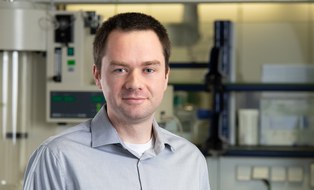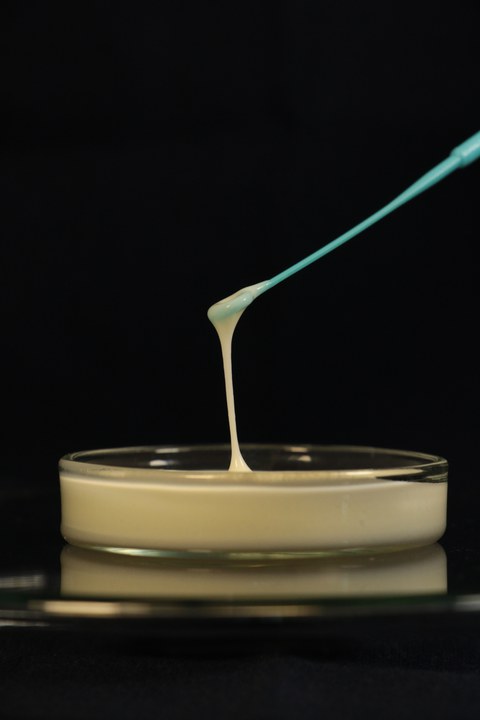Utilisation of in situ produced exopolysaccharides to enhance structure and quality of fermented dairy products
Exopolysaccharides (EPS) produced in situ during fermentation with lactic acid bacteria (LAB) contribute to product quality by enhancing viscosity and shear stability, and by reducing syneresis. Structure enhancing effects are related to concentration, the molecular structure of the EPS, their ropiness, and the distribution in the fermentation medium: free EPS are liberated into that medium, whereas capsular EPS remain non-covalently attached to the bacteria cells. The project will address the following main questions:
Do products that contain different amounts or types of EPS differ with respect to their shear stability, and how can shear stability be improved? What new and innovative ways can be utilised to increase EPS formation during fermentation for enhancing product quality?
It is the main aim of the project to increase the potential of EPS producing starter cultures in dairy products. To reach that goal, the strain dependent amounts of produced EPS will be determined, and their effects on product properties will be evaluated. An increased EPS production will be induced by supplementing the base milk with specific milk fractions. It will also be determined whether it is feasible to produce EPS in by-products such as whey, and to add the concentrated EPS enriched substrate to the base milk.
Supported by:
- AiF Industrielle Gemeinschaftsforschung via FEI, grant: AiF 18318 BR
Project researchers and contact:

Dr.-Ing. Georg Surber
Product technologies: Milk; Biomacromolecules
Send encrypted email via the SecureMail portal (for TUD external users only).
 © Surber
© Surber
PD Dr.nat.techn. et Ing.habil Doris Jaros
Product technologies: Milk; Biomacromolecules
Send encrypted email via the SecureMail portal (for TUD external users only).

